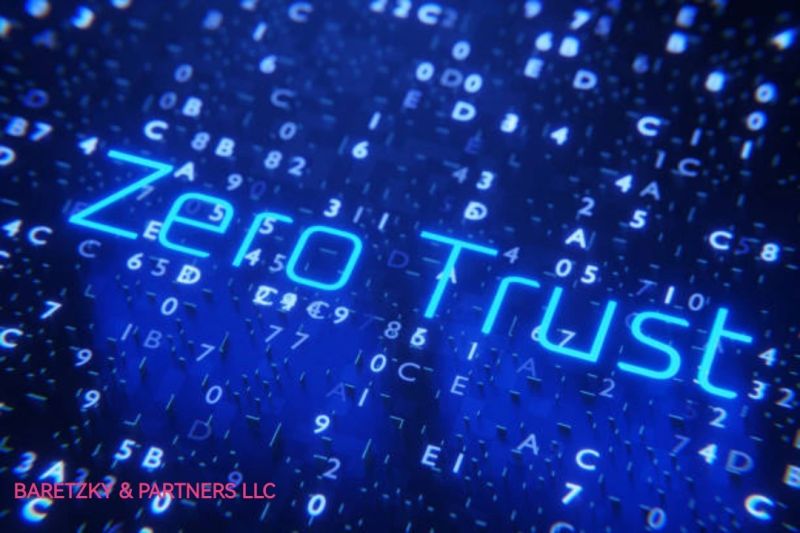
Zero Trust is a security model based on the principle of “never trust, always verify.” In the context of cloud security, this model addresses risks by removing implicit trust within and outside the network perimeter, treating all access requests as potentially unsafe until verified. This approach is vital in cloud environments where traditional security perimeters are often blurred or nonexistent due to distributed networks, remote workforces, and multi-cloud infrastructures.
In a Zero Trust architecture, each user, device, or application seeking access is rigorously authenticated, authorized, and continuously monitored, regardless of its location or previous access rights. This layered approach helps mitigate risks such as unauthorized access and lateral movement within the network, significantly reducing the likelihood of breaches and data exposure.
Automation amplifies the effectiveness of Zero Trust by streamlining and scaling its enforcement across cloud environments. Automated tools and AI-driven solutions can continuously monitor and validate access requests, identify anomalies, and apply real-time security policies without human intervention. For example, automated identity and access management (IAM) systems can dynamically adjust access rights based on behavioral analytics, adjusting permissions if unusual activity is detected. This real-time, adaptive capability enables quicker responses to emerging threats, minimizing potential damage.
Together, Zero Trust and automation create a proactive, adaptive security posture that significantly enhances cloud security. This approach is essential in addressing the evolving risks of cloud-based infrastructures, ensuring a secure, resilient, and efficient cloud ecosystem.
WWW.BARETZKY.NET




















